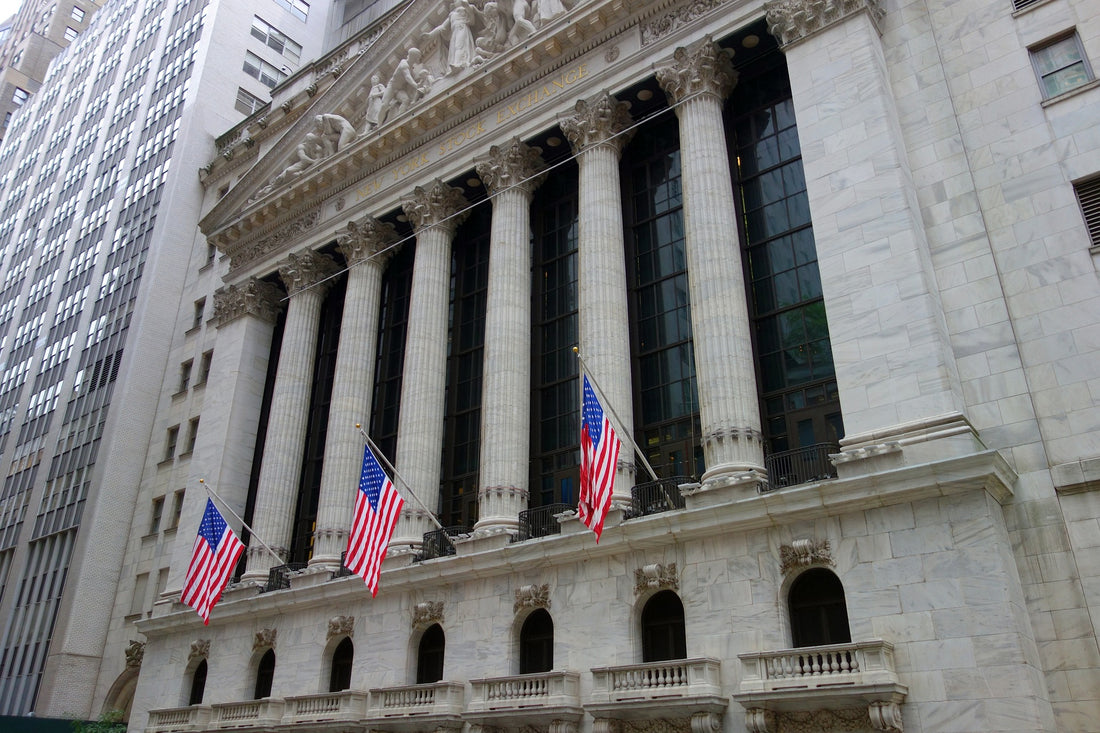At this point in 2018, many will argue that stock prices are grievously inflated, and are verging on a crash, as in 2008.
I’m certainly not an expert, and won’t argue that point. But what I have noticed is that the practice of companies buying back their own shares has exploded. Why do they do that?
Well, it’s one way of ensuring that the company maintains voting control in the event of major issues. Another reason is that in a turbulent market—like now—companies are reluctant to sink their cash into capex—capital expenditures. Buying back shares from the marketplace indicates (supposedly) a steady hand on the tiller, management which is asserting tight control upon the direction and ownership of the company, and a way of driving up stock price and creating additional value for shareholders. Stop me if you’ve heard this from any one of a thousand cookie-cutter press-releases or annual reports.
Is there a downside to this practice? Well, of course there is. Was rearranging the deck chairs on the Titanic worthwhile?
Take a look at this piece on how Sears Holdings spent $6B—that’s right, six billion dollars-— since 2005 in what is charitably described as “a futile attempt” to maintain or drive up their stock price by buying back shares. In 2007, the share price of Sears Holdings was almost $144; the company is now in bankruptcy, so shares are essentially worthless–but just before the recent filing in Chapter 11 bankruptcy, the company’s shares dipped below a buck.
Here’s a question, for any sensible human being: all those Sears and Kmart stores that have been rotting away for decades? What if the company had spent that massive amount of money, that six billion dollars, fixing up those stores and making them relevant and attractive, rather than just blowing the money on shares of declining worth? Would Sears Holdings have still hit rock bottom?
Maybe. Maybe not. But it might’ve been worth a shot—that money is well and truly gone, now.
Meanwhile: there are those who feel that corporate buybacks are the only thing keeping the stock market afloat, as seen here; the flip side is veteran investors like Warren Buffett who have backed away from holdings in companies doing major buybacks, like IBM.
Who’s right? Well, he may not be showy or noisy, but has anyone ever gone wrong siding with the Sage of Omaha?


